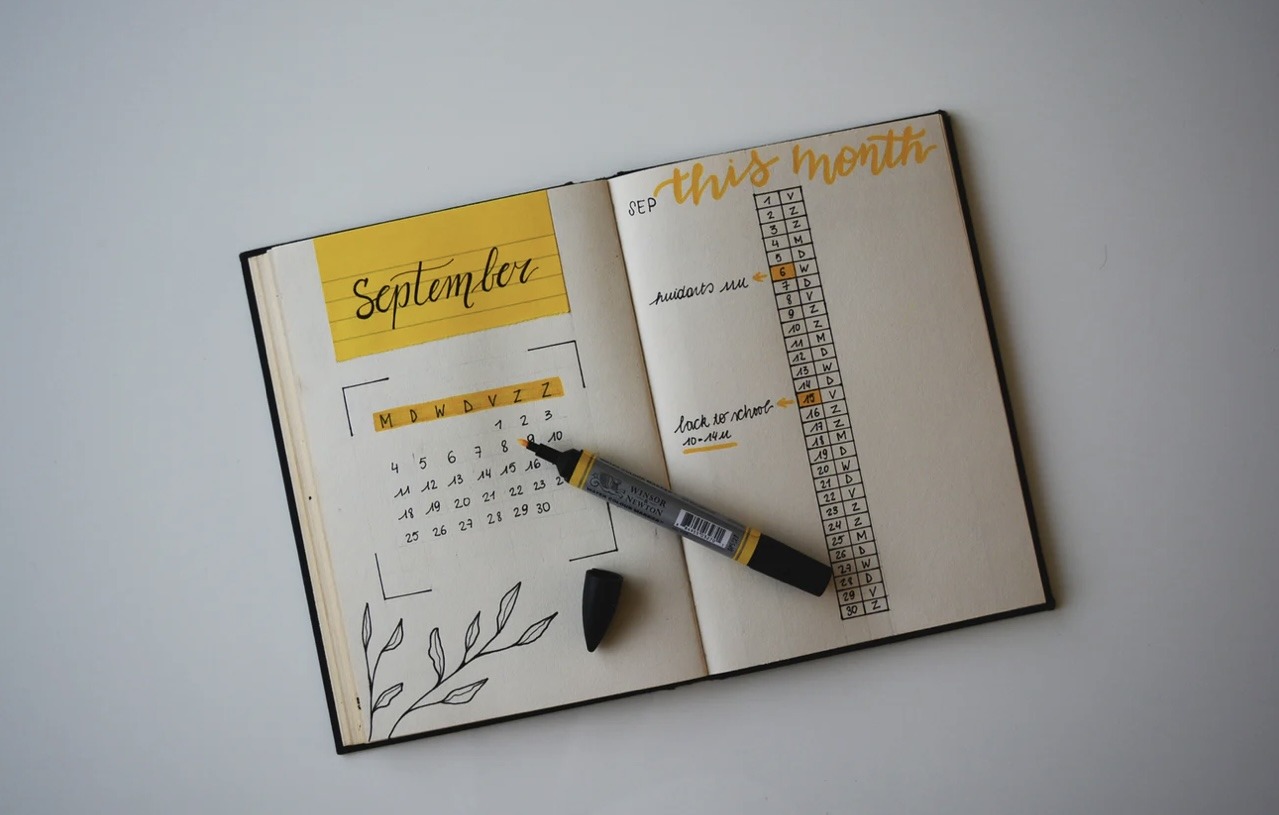Organisation: A helping hand or counterproductive pressure?
Organisation – it’s that idealistic, calm-inducing entity which we all strive to achieve. Whether it’s arranging pens in colour order, or collating the perfect system to never loose track of deadlines, an expectation has emerged within society that we must be on top of every element of our day-to-day lives. When writing this article, I’ve had to be organised, and it’s helped me get the job done. But can organisation go one step too far? Is there a fine line, which once crossed, turns this useful life skill into a counterproductive pressure?
Before starting to sound like I’m completely against organisation, I’m not. I’ve spent practically my entire life writing to-do lists, and enjoying that satisfying feeling of checking off tasks one by one. I’ve even gone so far as having so many ‘organisational baskets’ in my kitchen cupboards at university that my house mates have started to question what on earth I do with my pasta and rice! My reply is usually that it’s satisfying to have everything in order.
This satisfaction comes from the fact that organisation allows us to quantify and regulate space and time. These very abstract but man-made creations are suddenly shifted from vast entities which slip between our fingers into tangible constructs which we can start to work with. Once mastered, we start to make the most of the time and space we have, leading to a euphoric state where everything seems under control. Who wouldn’t want that?
Over the lockdown, I took a step back, and tried to look at what I was doing with my organisation and time management
However, getting your hands on this balance isn’t a one-size-fits-all exercise. Part of the beauty of organisation is that you can make it work for you. Some people like labels, others prefer to have a digital organisation system. I’ve always been a handwritten organiser, but since starting university, I have drastically changed how I organise myself. Over the lockdown, I took a step back, and tried to look at what I was doing with my organisation and time management. This lull in the pace of life gave me the time to fine tune and resolve any slight stresses my organisation strategies were creating.
But why should I need to spend time organising my organisation skills? Shouldn’t they arrange themselves? In theory, yes. The problem is we are all guilty of becoming addicted to that satisfying rush organisation gives us. We are so possessed by seizing every opportunity life has to offer that we either make ourselves so busy that we have to become hyper-organised, or we simply can’t fit it all in. It’s at this point that the much sought-after satisfying release can transform into a sensation of underachieving.
We are constantly thinking about the next thing we need to do, and we are slowly becoming less internally organised
A teacher at sixth form once described me as ‘a duck on water, smoothly gliding across the surface, but frantically flapping away underneath’. This is what organisation did to me and can do to many others. We generate the appearance of having it all sorted, but in reality we haven’t made it to the end of a to-do list, we are constantly thinking about the next thing we need to do, and we are slowly becoming less internally organised, despite our outward appearance.
This really isn’t the aim of being organised.
Organisation should be about striking the right balance. Writing to-do lists and having some semblance of order can be very productive, but the key to managing your organisation healthily is not letting it control and worry you if something slips out of place. For some, this may not be so easy. At this point, maybe it’s time to look at new organisation systems which aren’t dictated by reaching one concrete end point.
It’s important to remember that life is continually moving and changing
Whilst ticking off the last task on your list is very rewarding and necessary in some situations, it’s important to remember that life is continually moving and changing. Why then do so many organisation strategies try to put a definitive end point on something much less finite?
Perhaps the key to mastering organisation comes when we allow ourselves to redefine how we are satisfied by these systems. Instead of only being content when we reach the perfect completed finish, the relief should come from steadily juggling day-to-day tasks as they arise. Suddenly, the crippling pressure of our old organisational ways can start to melt away as accomplishment becomes the forefront of organisation, not completion.
Having some perspective on what we want from our planning can give us more control over how we use it
Making this shift could leave many people in a better relationship with organisation. Having some perspective on what we want from our planning can give us more control over how we use it. Then, instead of just appearing to be steadily gliding through life on the outside, we can be much more calm on the inside too.

Comments